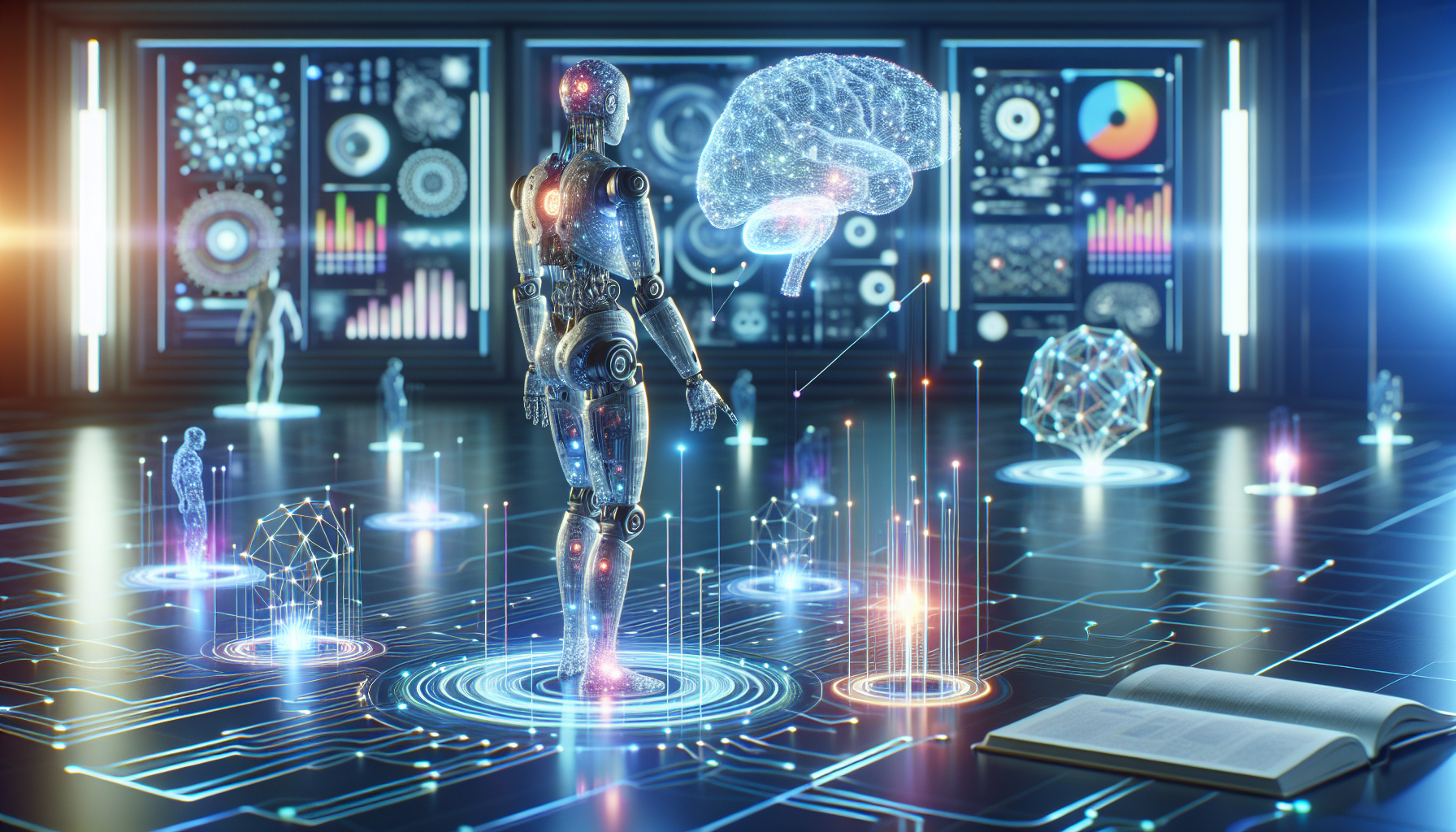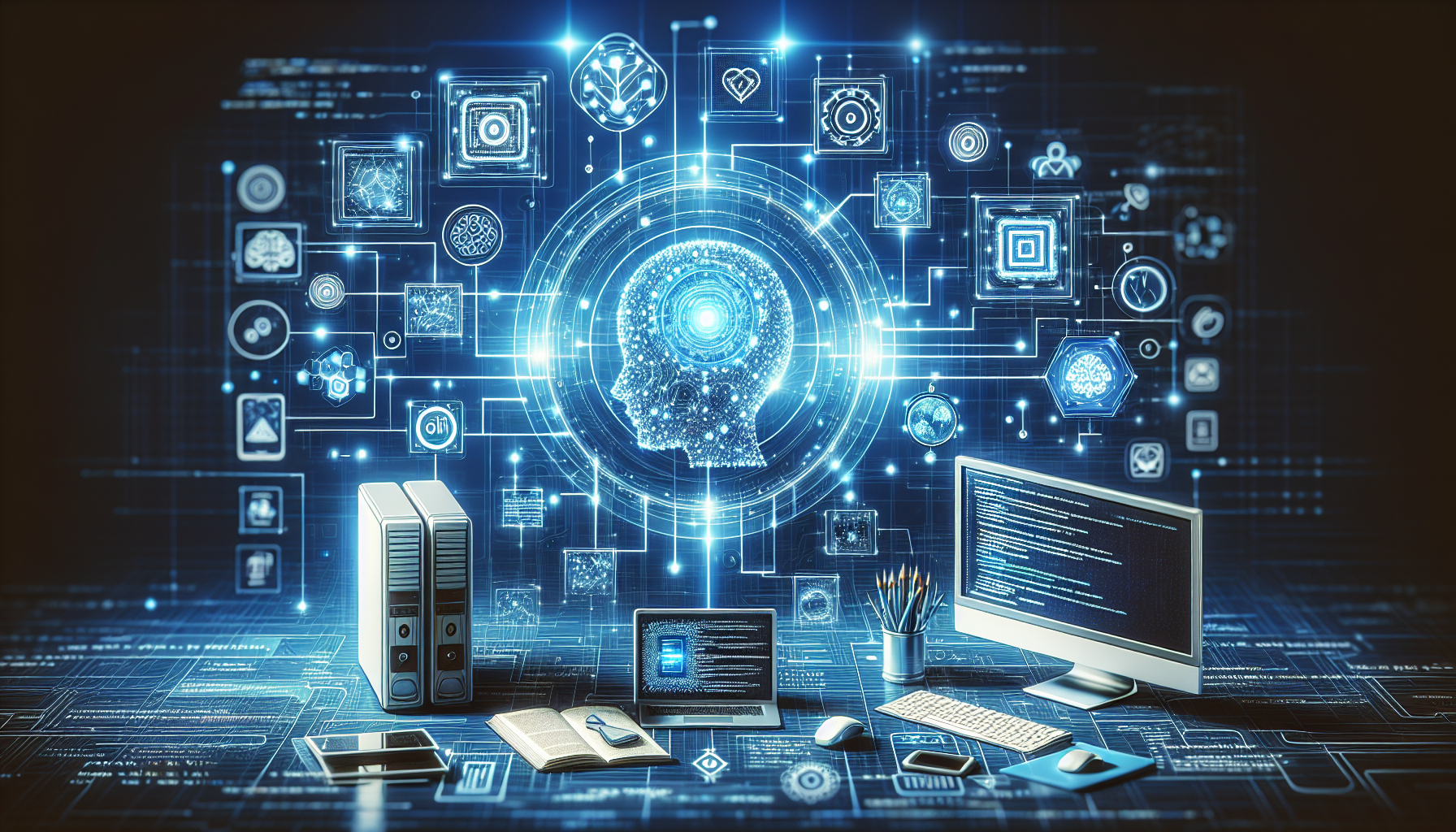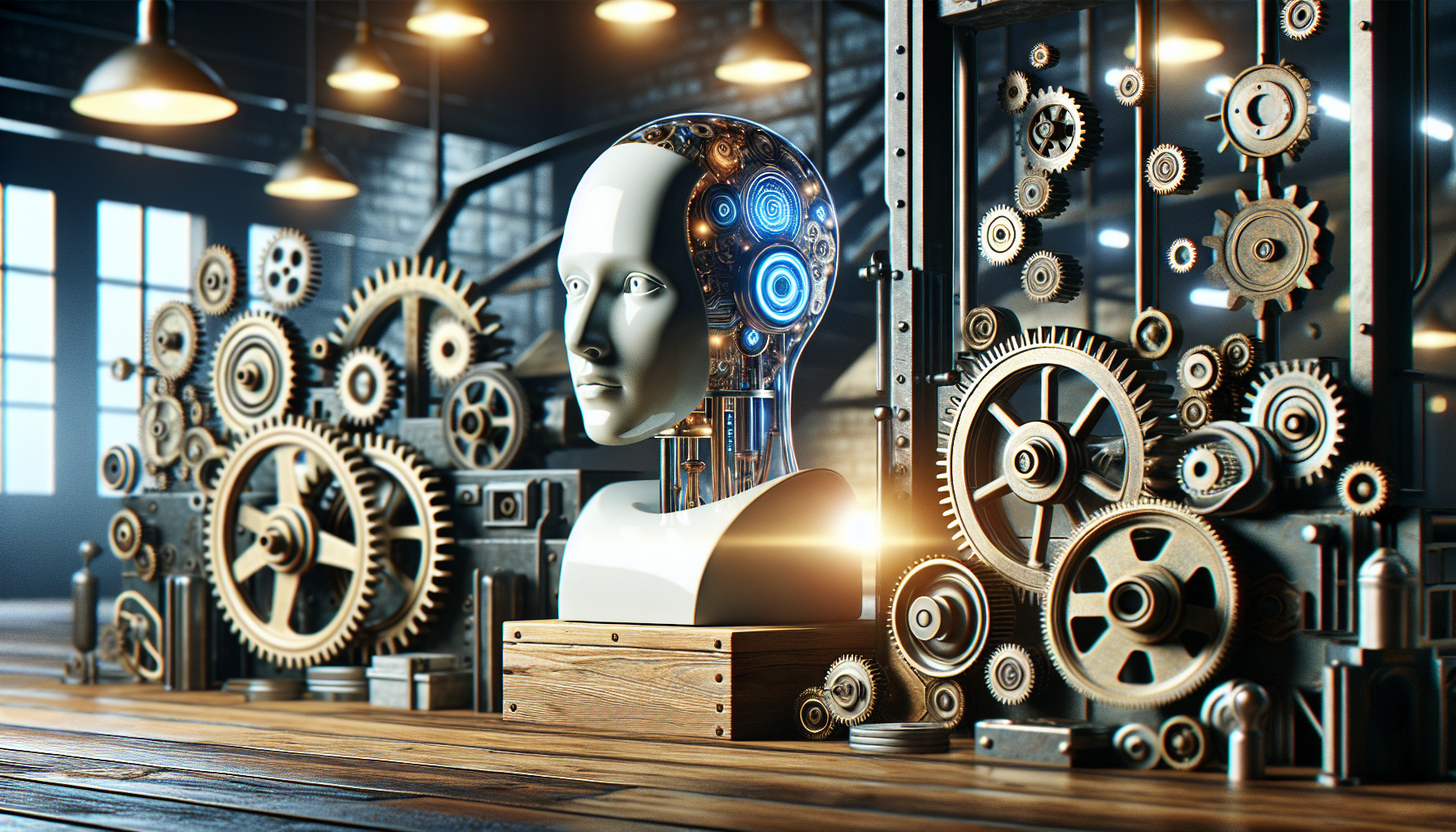
AI and Aging: How Technology is Transforming Elderly Care
July 7, 2025
Imagine a world where an elderly person can live independently while having access to a network of support at their fingertips. This isn't a sci-fi dream; it's the reality being shaped by artificial intelligence, which is increasingly playing a role in supporting our aging population. But how does AI compare to traditional methods of elderly care, and what unique advantages does it bring to the table?
Let's start by considering the traditional model of elderly care. Typically, this involves family support, home caregivers, or assisted living facilities. These methods have stood the test of time, providing essential human interaction and personalized care. However, they come with significant challenges, such as high costs, limited availability, and the emotional burden on family members. Here is where AI steps in, offering innovative solutions that complement and enhance these traditional approaches.
AI-powered technologies are not just about automation; they're about augmentation. Take, for instance, AI-enabled home assistants. These devices do more than respond to voice commands for playing music or setting reminders. They can monitor daily activities, detect anomalies in behavior, and even alert caregivers if something seems amiss. This is particularly beneficial for those living alone, as it provides a safety net without infringing on their independence.
But AI's role doesn't stop there. In healthcare, AI can analyze vast amounts of data swiftly to predict potential health issues before they become critical. For example, machine learning algorithms can scrutinize patterns in a person's daily health metrics, such as heart rate or sleep patterns, and provide early warnings about conditions like heart disease or sleep apnea. This predictive capability allows for proactive rather than reactive care, which is a game-changer in managing chronic illnesses.
Now, you might wonder how AI stacks up against human caregivers. While AI can't replace the empathy and nuanced understanding of a human caregiver, it provides distinct advantages that fill in the gaps. For example, AI doesn't sleep, doesn't need breaks, and can process information much faster than any human. This means around-the-clock monitoring and support without the risk of burnout, which is a significant concern in human caregiving.
Moreover, consider the social aspect of AI. While it might seem counterintuitive, AI can actually help combat loneliness among the elderly. Virtual companions, powered by AI, can engage in meaningful conversations, provide entertainment, and even help with cognitive exercises to keep the mind sharp. These digital companions offer a form of interaction that, while different from human contact, still provides value and companionship.
Let's not forget about the ethical considerations, though. There are valid concerns about privacy, data security, and the potential for AI to make decisions without human oversight. These are critical issues that need addressing as we integrate AI more deeply into elder care. However, with careful regulation and ethical guidelines, these challenges can be managed to harness the benefits while minimizing risks.
One of the most exciting aspects of AI in elderly care is its potential to level the playing field. Traditional care services can be expensive and inaccessible to many. AI-driven solutions, on the other hand, are increasingly affordable and scalable, making them more available to a broader audience. This democratization of care means that quality support is no longer a luxury but a standard that everyone can access.
In comparing AI to traditional methods, it's clear that the two are not mutually exclusive. Instead, they complement each other beautifully. AI can handle routine tasks and monitor health metrics, freeing up human caregivers to focus on providing emotional support and personalized attention. This synergy allows for a more holistic approach to elder care, one that leverages the strengths of both AI and human touch.
The integration of AI into elder care is still evolving, and there's much more to discover. How will these technologies continue to develop, and what new innovations will emerge? As we ponder these questions, one thing is certain: AI has the potential to redefine how we care for our aging population, making it more efficient, accessible, and humane. The challenge is to ensure that as we embrace these advancements, we do so with a keen eye on ethics and humanity, ensuring technology serves to enhance, not replace, the human experience.


